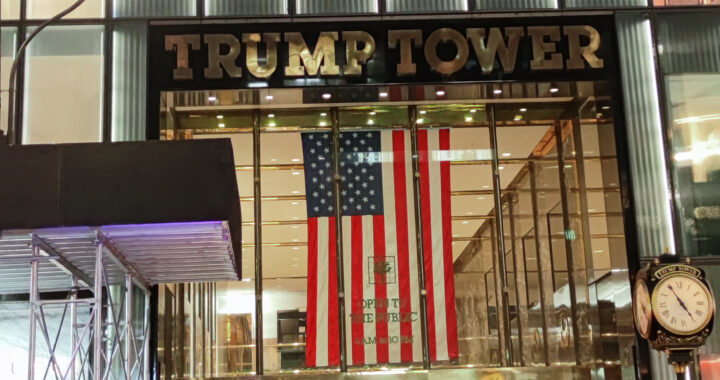The New York Appellate Division delivered a decisive ruling on 21 August 2025, vacating the more than USD 500 million disgorgement judgment imposed against Donald Trump, his business entities, and associates. The panel ruled that such a financial penalty constituted an excessive fine under the 8th Amendment of the United States Constitution.
Although the monetary judgment was overturned, the appeals court upheld significant restrictions on the business activities of Trump in New York. The ruling preserved a 3-year ban preventing Trump from serving as an officer or director of any corporation in the state. Similar restrictions of two years were maintained against Donald Trump Jr. and Eric Trump.
The court also preserved financial restrictions. Trump and his corporate entities remain barred for 3 years from getting loans from New York chartered financial institutions. The Trump Organization will continue operating under the oversight of an independent monitor and must appoint an independent director of compliance, ensuring stricter corporate governance.
A divided five-judge panel issued the ruling via a more-than-300-page set of opinions. Presiding Justice Dianne Renwick and Justice Troy Webber Moulton affirmed liability for persistent fraud under New York Executive Law Section 63(12) but held the monetary penalty unconstitutional. Other justices expressed differing views regarding retrials or outright dismissal.
Judge Arthur Engoron initially issued the judgment in February 2024. The calculated amount of disgorgement was USD 363.9 million. However, because of prejudgment interest, the amount swelled to about USD 527 million by mid-2025. The appellate court heard arguments in September 2024 before delivering this high-profile decision nearly one year later.
Sanctions against the legal team of Trump were also removed by the Appellate Division. The trial court levied these sanctions after Engoron held that defense lawyers had repeatedly advanced arguments previously deemed frivolous. The appeals panel ruled such sanctions unwarranted and overturned penalties that had targeted the conduct of counsel.
New York Attorney General Letitia James, who initiated the civil fraud case, hailed the affirmation of business restrictions but expressed discontent at the removal of financial penalties. She has plans to appeal to the New York Court of Appeals, seeking reinstatement of the monetary disgorgement judgment in order to hold the defendants financially accountable.
For Trump, the elimination of the half-billion-dollar judgment marked a substantial legal victory, one he characterized as a vindication. The ongoing prohibitions on corporate leadership roles and restrictions on loan applications still significantly constrain his business operations, particularly as many of his enterprises are registered or conduct financing in New York.
The case was initiated in 2022. The suit alleged that Trump, his company, and senior executives engaged in persistent fraud by inflating the value of assets on financial statements. Prosecutors argued the misrepresentations were intended to secure favorable loans and insurance terms, violating state laws against fraudulent and deceptive business practices.
